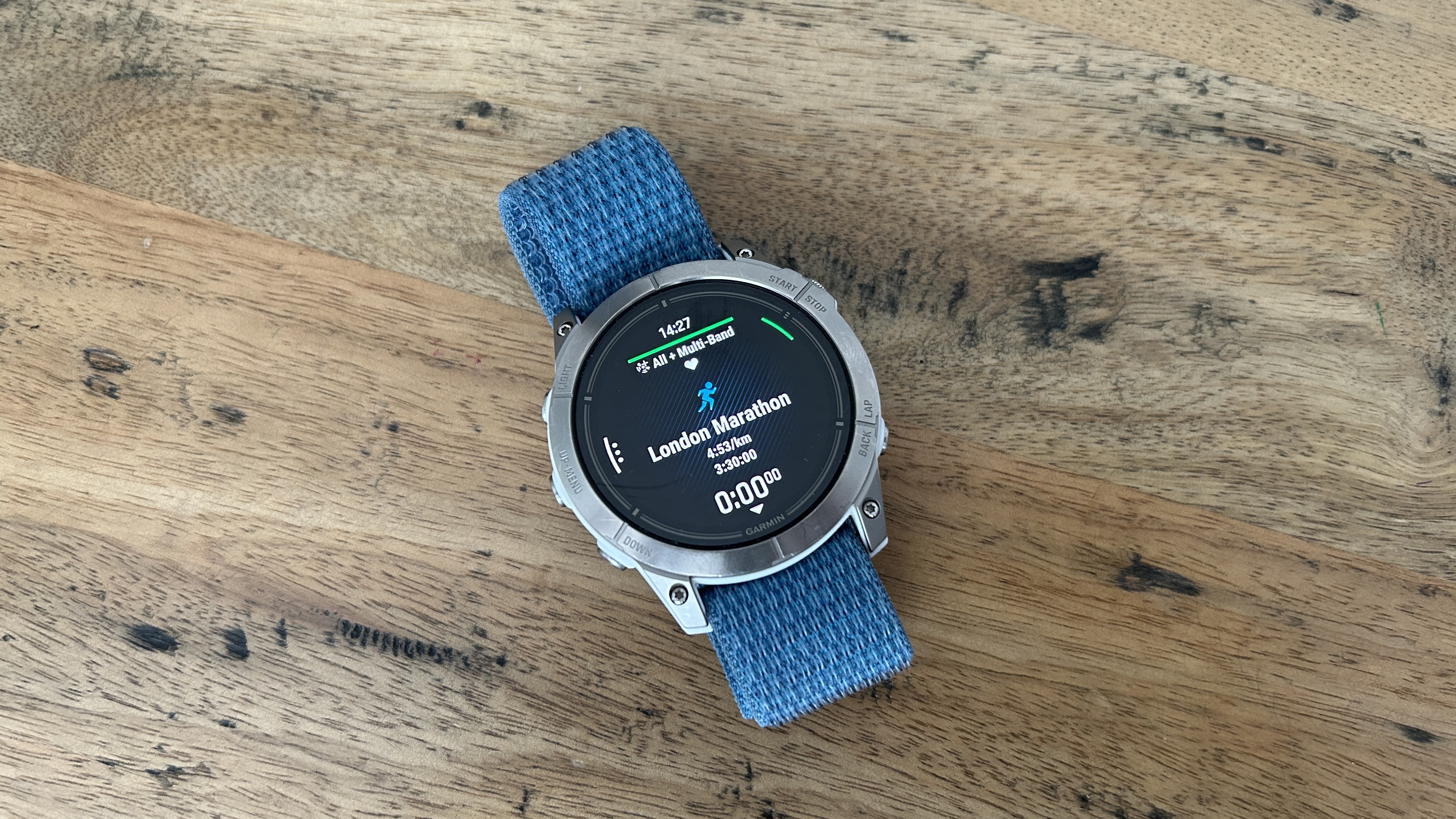How To Spot And Treat Irritable Bowel Syndrome
There is no cure for IBS but if you work out what triggers it for you, the symptoms can be managed

Some diseases are easy to spot. As soon as you experience one or more of the symptoms, it’s obvious what they are caused by. That is emphatically not the case with irritable bowel syndrome (IBS), because its symptoms can be linked with a number of other diseases, or unrelated to any disease at all.
To help identify what symptoms could point to IBS, and when you should go and see a doctor, we spoke to Jo Travers – a dietician with Love Your Gut, an initiative that aims to promote better gut health. Head to the website to learn more about Love Your Gut Week, which runs from 16th-22nd September, and take a digestive health assessment.
What are the symptoms of IBS?
IBS has a range of symptoms such as bloating, pain, discomfort, excess wind, needing to go the loo urgently and diarrhoea. But it's important to remember that not everyone gets all these symptoms. Sometimes there are specific triggers for the symptoms like a stressful event or eating a specific food, but this may not be obvious and people may have very different triggers.
How can you recognise you have IBS as opposed to other digestive problems?
IBS symptoms are non-specific and may be caused by a range of conditions – some quite serious like inflammatory bowel disease or coeliac disease. To get a proper diagnosis of IBS you must first rule out the conditions with long-term health consequences by having a range of blood tests, and in some cases you may need a colonoscopy.
At what point should you go and see a professional about the problem?
If you have any symptoms that are making you feel unwell, always go and see your GP. But even if you don’t feel unwell, if you have stomach pain or discomfort at least one day a week for more than two months and you have a change in your bowel habits – like going to the loo more or less frequently, or diarrhoea – or if your symptoms are affecting the things you are able to do, see your GP.
See related
- Help Someone With A Long-Term Health Condition – Tell Them About This Campaign
- High-Fibre Foods To Help You Lose Weight And Get Healthier
- Why You Should Be Eating More Wholegrains
How do you treat IBS? Can it be cured, or do you just have to manage the symptoms?
There is no cure for IBS but as mentioned there are often specific triggers for the symptoms and when you figure out what your triggers are, then it can be effectively managed by making changes to diet and lifestyle. It can be difficult to understand triggers because it may feel completely random. If this is the case, I recommend seeing a dietitian who is trained to identify exactly these things.
What causes IBS?
The gut is an extremely complex organ that is affected by many factors. As a result no-one really knows what causes IBS. However, we do know that stress and certain foods, as well as exercise, sleep and the bacteria we come into contact with, can all affect how well it functions.
Get the Coach Newsletter
Sign up for workout ideas, training advice, reviews of the latest gear and more.
How common is IBS in the UK?
It's thought that one in five people will have IBS at some point during their lifetime, although the digestive symptoms associated with IBS are much more common.

Nick Harris-Fry is a journalist who has been covering health and fitness since 2015. Nick is an avid runner, covering 70-110km a week, which gives him ample opportunity to test a wide range of running shoes and running gear. He is also the chief tester for fitness trackers and running watches, treadmills and exercise bikes, and workout headphones.









